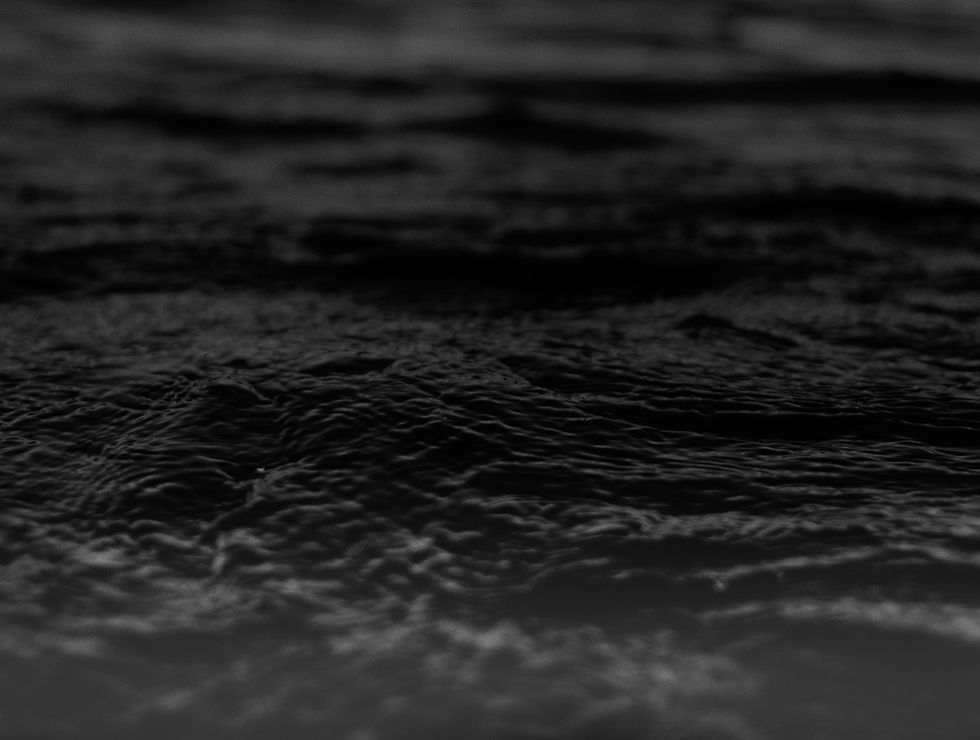faq

What is Acupuncture?
Acupuncture as it is practiced in North America today is based on a system of healing developed over thousands of years as part of the traditional medicine of China, Japan and other Eastern countries. It involves the stimulation of certain empirically tested points on the body with ultrafine needles. During an acupuncture treatment, herbs (moxa) and pressure (acupressure) and other methods will be used to relieve specific medical conditions.
Acupuncture is used to treat pain and other health conditions, prevent illness and improve well-being. It is effective for physical, psychological and emotional problems. Acupuncture works by communicating directly with your central nervous system, initiating both an immune response and a hystamine response - rather than adding in chemicals and medications from outside sources. This approach has several advantages over pharmaceutical medicine, most importantly there are no side effects to acupuncture when practiced by a licensed acupuncturist with a minimum of 3 three years training. The most common occurrence is that patients feel such a relief from symptoms that they may participate in activities that can cause a flare-up of their condition, BEFORE their body is completely healed.
*Western Medical Theory* Many western doctors believe that stimulation of specific points causes the nervous system to release endorphins and other naturally occurring chemicals and hormones that affect pain perception, mood, and overall health. Documented physiological shifts following acupuncture show an increase in the body's own natural painkillers, anti-inflammatory agents and analgesics. In addition, acupuncture stimulates the body's immne system, affecting heart rate, brain activity, and blood pressure. Not only does acupuncture relieve pain, it also increases the body's own natural ability to heal itself and prevent disease.
*Chinese Medical Theory* Western physics tells us the universe is divided into matter and energy. Chinese medical theory has understood this for thousands of years and refers to this energy as "Qi" (pronounced 'chee') Qi and matter both exist in the human body. Qi, though we cannot see it, flows through the body through meridians the same way water flows through a hose - if there is a kink in the hose the water flow is disrupted. Part of the hose is empty, the other is overfull. Similarly, when Qi is blocked in the meridians, pain and illness results. Stimulating an acupuncture point is similar to removing the kink in the hose. It gets Qi flowing again so that healthy is restored to the entire being.
Since acupuncture promotes the body's natural healing ability, most conditions can be corrected or improved. The effectiveness of acupuncture is well documented and extends far beyond the conception that is only useful for chronic pain. Acupuncture is very effective as part of your regular health maintenance and disease prevention program! Schedule an appointment today!

What is Acupuncture Good For?
The World Health Organization (WHO) recognizes acupuncture as an effective treatment modality for many conditions including:
-
Diseases of the muscles, bones and joints. Including back pain, repetitive stress injury, shoulder and neck problems, whiplash, sprains and arthritis
-
Headaches, migraines
-
Fibromyalgia, insomnia, fatigue
-
Autoimmune disorders and diseases including Rhematoid Arthritis, Grave's Disease, Sjogren's Syndrome and others
-
Stress, anxiety, depression and other nervous disorders
-
Indigestion, stomach ulcers, gastrointestinal disorders, constipation, diarrhea
-
Asthma, bronchitis, frequent colds and flu
-
High blood pressure
-
Menstrual problems, painful periods, infertility
-
Acupuncture is also an effective complementary modality for those undergoing treatment for cancer, and can reduce the side effects of radiation, chemotherapy and other treatments including neuropathy, nausea / vomiting, digestive upset, anxiety, insomnia and pain www.who.int

Acupuncture & Pain Management
PAIN - and how you experience pain - is the result of a very complex set of interactions in your body and can manifest for different people in different ways. For example, two people can have exactly the same diagnosis or arthritis but one person can experience it as excruciating, localized pain while the other feels shooting, aching pain down their legs. The holistic approach to successfully treating pain requires not just an understanding of the mechanism of disease or injury but also the interaction of the individual, their health history, their constitutional make up, diet and exercise and most importantly - HOW THEY HANDLE STRESS. At SWIW, we may utilize one or more services in order to create an optimum plan to get you pain-free as quickly as possible. We may recommend acupuncture, massage, and herbal medicine, but we may also prescribe 4-12 week sessions with our exercise trainier to get your muscles toned and strengthened. If your stress levels are preventing you from getting better we will recommend a course in qi gong or meditation to help teach you to better manage your stress so it does not trigger a relapse.
Remember, Acupuncture doesn't hurt! You can put about 20 of my very thin solid needles into 1 hypodermic needle.
